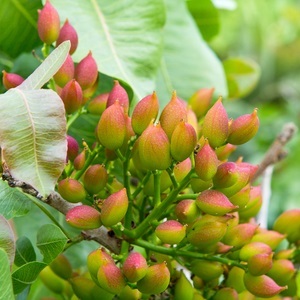Saying the agency has exaggerated the risk and seeking a review hearing of the product’s registration, Bayer Crop Science will not heed an Environmental Protection Agency (EPA) request to stop using the insecticide flubendiamide in the U.S.
The insecticide is sold under the trade name Belt for use on over 200 crops. It is known for its strong pest performance, environmental and toxicological profile, and use in integrated pest management programs.
“We are disappointed the EPA places so much trust on computer modeling and predictive capabilities when real-world monitoring shows no evidence of concern after seven years of safe use,” Dr. Peter Coody, Bayer’s vice president of environmental safety, said.
Bayer hopes the EPA will allow a hearing in front of the EPA’s independent Office of Administrative Law Judges for a review.
“Denying a product’s registration and ignoring its safe use history based on unrealistic theoretical calculations calls into question the EPA’s commitment to innovation and sustainable agriculture,” Bayer Vice President of Regulatory Affairs Dana Sargent said.
The American Pistachio Growers is one of the many groups whose members would be affected by the blockage of the insecticide.
“This would be a significant loss for growers of pistachios,” Richard Matoian, executive director of American Pistachio Growers, said. “The loss of this chemistry would make it more difficult than ever to control pests like the navel orange worm and the peach twig borer which are now significantly impacting pistachio production in California. What’s ironic and unfortunate is this would force tree nut growers to resort to older, less-effective but more potentially disruptive chemistries to manage these same pests. Growers need more innovative tools to help them manage destructive pests to produce healthy and abundant crops, not less.”




 Alerts Sign-up
Alerts Sign-up